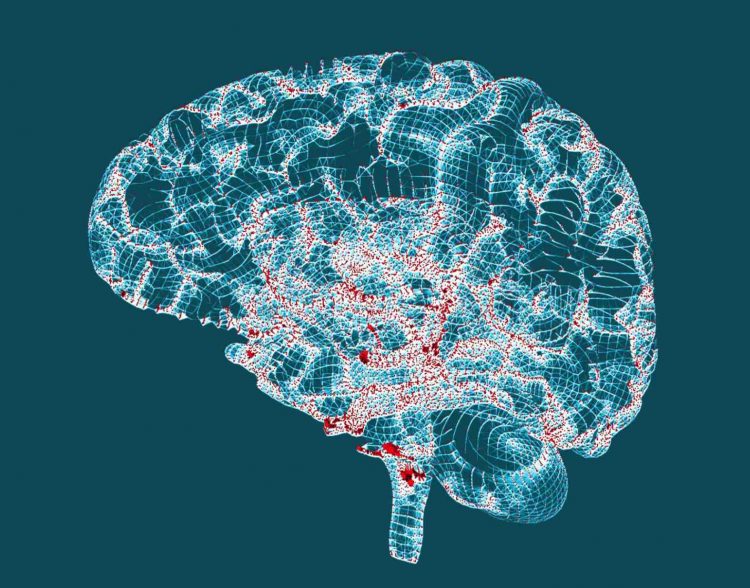hidden
Over 10 years experience of Traceability Solutions

By pharmatrax
Category: News
 No Comments
No Comments
Brain power: fresh approaches to Alzheimer’s drug discovery
Brain power: fresh approaches to Alzheimer’s drug discovery
The failure to make progress against Alzheimer’s disease over the last 20 years has forced governments, academia and the pharma industry to think outside the box.
A dispiriting string of late stage failures in pharma suggest the same mistakes are being made over and over again: not enough fundamental understanding of the disease, inadequate sharing of pre-competitive data, trial recruitment problems, and trial design that is ill-suited to making rapid progress against this elusive disease.
The last few years have seen the launch of numerous public-private partnerships in translational research partnerships which aim to bridge these gaps and raise the chances of success by pooling resources.
One of the most notable is the European Prevention of Alzheimer’s Dementia (EPAD) project, an interdisciplinary research consortium that aims to improve understanding of the early stages of Alzheimer’s disease and deliver new preventative treatments.
EPAD is co-funded by the Innovative Medicines Initiative (IMI) and Europe’s pharma industry organisation EFPIA, and 2019 will see the first patients being treated by this groundbreaking new alliance.
The EPAD platform will allow new therapies to be tested in a streamlined way, using adaptive trial design to test more targeted interventions and select only those patients most likely to benefit from treatments to slow or stop dementia.
EPAD combines knowledge and expertise from 39 European partner organisations across multiple sectors, including most of the big pharma companies involved in Alzheimer’s research (including Amgen, Janssen and Lilly, among others) and universities across six European countries, from Edinburgh in Scotland to Zaragoza in Spain.
EPAD has three pillars:
1. The Register: EPAD has created the first single, pan-European register of over half a million people across the risk spectrum for dementia.
2. The Cohort: From this register, research participants are invited to join an EPAD cohort of at-risk subjects, the Longitudinal Cohort Study, known as the LCS. This group will undergo standardised tests and follow-up over several years.
3. The Trial: EPAD will select participants to take part in streamlined proof-of-concept (PoC) trials of drugs designed to prevent Alzheimer’s dementia. These trials aim to accommodate phase 2-ready small molecule or biologic candidates.
The consortium is now preparing to launch the new trial delivery centres (TDCs) to put the EPAD Longitudinal Cohort Study (LCS) into action.
Source:https://bit.ly/2UqAKHz



